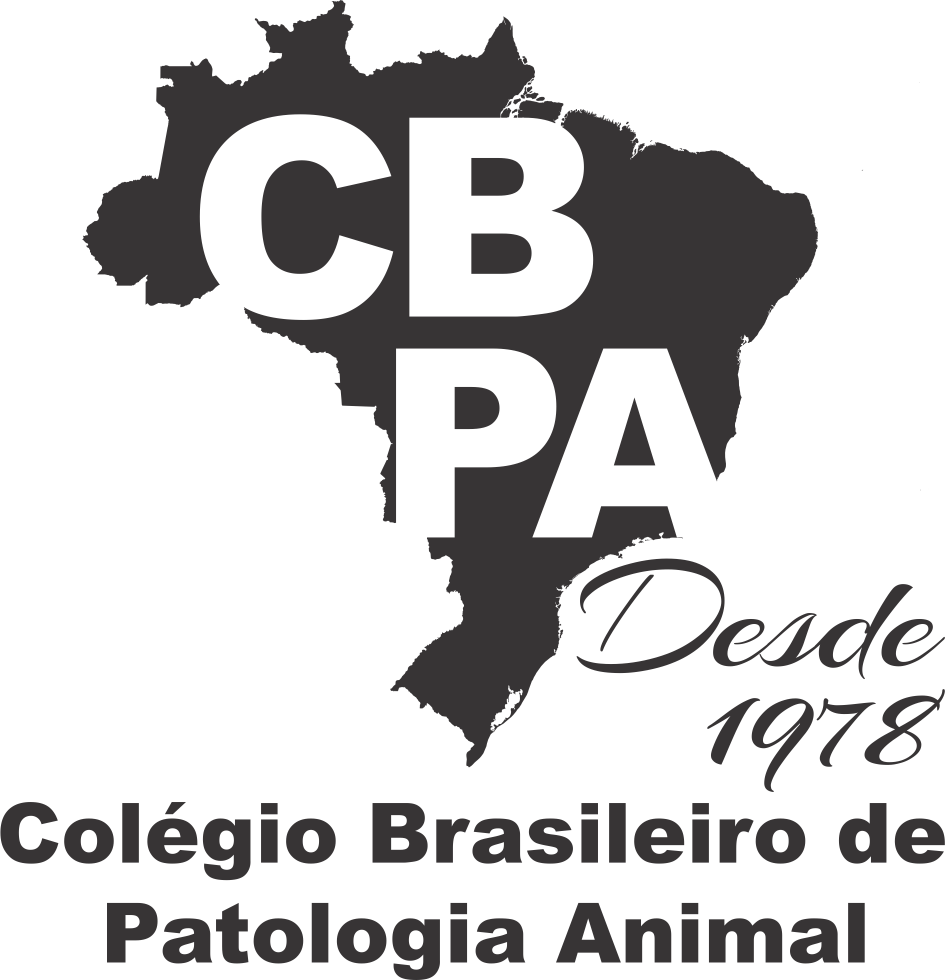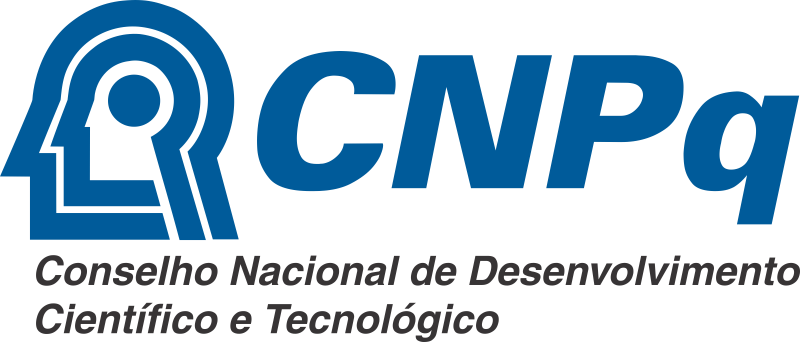Resultado da pesquisa (2)
Termo utilizado na pesquisa tropical forages.
#1 - Ganho de peso e custos em bovinos de corte submetidos a dois tipos de suplementos minerais
Abstract in English:
Malafaia P., Peixoto P.V., Gonçalves J.C.S., Moreira A.L., Costa D.P.B. & Correa W.S. 2004. [Daily weight gain and costs of beef cattle receiving two types of mineral supple-ments.] Ganho de peso e custos em bovinos de corte submetidos a dois tipos de suplementos minerais. Pesquisa Veterinária Brasileira 24(3):160-164. Depto Nutrição Animal e Pastagem, Instituto de Zootecnia, UFRRJ, Seropédica, RJ 23851-970, Brazil. E-mail: malafaia1@ig.com.br
The daily weight gain and economic aspects of beef cattle raised on tropical pastures receiving two types of mineral supplements were evaluated during 112-183 days during the wet season in 4 herds. On each farm the animals were divided into two groups. For one group a commercial mineral mixture was used, and to the other group a selective mineral mixture containing only Na, P, Cu and Co was offered. The cattle were weighed every 30 days, and the mineral supplement intake was measured monthly. The daily weight gain of the animals receiving the selective mineral mixture was greater in three farms. Only on the second farm the group receiving the commercial mineral mixture had a superior daily weight gain. The daily intake of the selective mineral mixture was lower in all groups and was attributed to the high amount of NaCl in these mixtures. The selective mineral supplementation was 3 up to 7 times more economic than the conventional supplementation with a “complete” mineral mix. Throughout the experimental period the animals did not show any direct or indirect clinical signs of mineral deficiency. The results of these experiments confirms the hypothesis that selective mineral supplementation – i.e. supplementation of the mineral element(s) deficient – was correct and results in expressive reduction of the cost with the mineral supplementation for beef cattle.
Abstract in Portuguese:
Malafaia P., Peixoto P.V., Gonçalves J.C.S., Moreira A.L., Costa D.P.B. & Correa W.S. 2004. [Daily weight gain and costs of beef cattle receiving two types of mineral supple-ments.] Ganho de peso e custos em bovinos de corte submetidos a dois tipos de suplementos minerais. Pesquisa Veterinária Brasileira 24(3):160-164. Depto Nutrição Animal e Pastagem, Instituto de Zootecnia, UFRRJ, Seropédica, RJ 23851-970, Brazil. E-mail: malafaia1@ig.com.br
The daily weight gain and economic aspects of beef cattle raised on tropical pastures receiving two types of mineral supplements were evaluated during 112-183 days during the wet season in 4 herds. On each farm the animals were divided into two groups. For one group a commercial mineral mixture was used, and to the other group a selective mineral mixture containing only Na, P, Cu and Co was offered. The cattle were weighed every 30 days, and the mineral supplement intake was measured monthly. The daily weight gain of the animals receiving the selective mineral mixture was greater in three farms. Only on the second farm the group receiving the commercial mineral mixture had a superior daily weight gain. The daily intake of the selective mineral mixture was lower in all groups and was attributed to the high amount of NaCl in these mixtures. The selective mineral supplementation was 3 up to 7 times more economic than the conventional supplementation with a “complete” mineral mix. Throughout the experimental period the animals did not show any direct or indirect clinical signs of mineral deficiency. The results of these experiments confirms the hypothesis that selective mineral supplementation – i.e. supplementation of the mineral element(s) deficient – was correct and results in expressive reduction of the cost with the mineral supplementation for beef cattle.
#2 - Desempenho ponderal, aspectos econômicos, nutricionais e clínicos de caprinos submetidos a dois esquemas de suplementação mineral
Abstract in English:
Malafaia P., Pimentel V.A., Freitas K.P., Coelho C.D., Brito M.F. & Peixoto P.V. 2003. [Daily weight gain, economic, nutritional and clinical aspects of goats receiving two types of mineral supplements.] Desempenho ponderal, aspectos econômicos, nutricionais e clínicos de caprinos submetidos a dois esquemas de suplementação mineral. Pesquisa Veterinária Brasileira 24(1):15-22. Depto de Nutrição Animal e Pastagem, Instituto de Zootecnia, UFRRJ, Km 47, Seropédica, RJ 23835-000, Brazil. E-mail: malafaia1@ig.com.br
Daily weight gain, economic, nutritional and clinical aspects of goats receiving two types of mineral supplements were evaluated during 148 days in Seropédica county, Rio de Janeiro, Brazil. The animals were daily fed with fresh and chopped Andropogon gayanus or Pennisetum purpureum; the concentrate ration was formulated without a mineral mixture and was offered together with the forage of 300 up to 500 g/animal/day. Sixteen goats were divided into two groups of 8 animals each (4 small and 4 larger goats). For one group a commercial mineral mixture was used, and to the other group a selective mineral mixture containing only Na, P and Cu was offered. The animals were weighed every 30 days and the mineral supplement intake was measured monthly. Blood samples were collected at the beginning and the end of the experimental period. There was no difference in daily weight gain when the selective or commercial mixture was given for both groups. The selective mineral supplementation was 2.3 (for the smaller animals) and 3.9 (for larger animals) times more economic than the conventional supplementation with a “complete” mineral mix. The two groups showed recovery of hair quality and had an increase of hair pigmentation around the eyes, which was attributed to the correction of copper deficiency. In the larger animals the intake of both supplements increased the red blood cells counts, and the haematocrit and haemoglobin values. The forage intake was sufficient to meet the Ca and Co needs of the animals, and for P the concentrate intake was sufficient to overcome the demand for this element. The requirement of zinc was supplied through the forage and the concentrate ration. Thus, when an adequate concentrate and a good quality forage is given, only the deficient mineral element(s) should be supplemented. In this specific case only Na and Cu should be given. The result of this experiment confirms the hypothesis that selective mineral supplementation – i.e. supplementation of the mineral element(s) deficient in the diet – was correct and can result in reduction of the cost with the mineral supplementation of a herd.
Abstract in Portuguese:
Malafaia P., Pimentel V.A., Freitas K.P., Coelho C.D., Brito M.F. & Peixoto P.V. 2003. [Daily weight gain, economic, nutritional and clinical aspects of goats receiving two types of mineral supplements.] Desempenho ponderal, aspectos econômicos, nutricionais e clínicos de caprinos submetidos a dois esquemas de suplementação mineral. Pesquisa Veterinária Brasileira 24(1):15-22. Depto de Nutrição Animal e Pastagem, Instituto de Zootecnia, UFRRJ, Km 47, Seropédica, RJ 23835-000, Brazil. E-mail: malafaia1@ig.com.br
Daily weight gain, economic, nutritional and clinical aspects of goats receiving two types of mineral supplements were evaluated during 148 days in Seropédica county, Rio de Janeiro, Brazil. The animals were daily fed with fresh and chopped Andropogon gayanus or Pennisetum purpureum; the concentrate ration was formulated without a mineral mixture and was offered together with the forage of 300 up to 500 g/animal/day. Sixteen goats were divided into two groups of 8 animals each (4 small and 4 larger goats). For one group a commercial mineral mixture was used, and to the other group a selective mineral mixture containing only Na, P and Cu was offered. The animals were weighed every 30 days and the mineral supplement intake was measured monthly. Blood samples were collected at the beginning and the end of the experimental period. There was no difference in daily weight gain when the selective or commercial mixture was given for both groups. The selective mineral supplementation was 2.3 (for the smaller animals) and 3.9 (for larger animals) times more economic than the conventional supplementation with a “complete” mineral mix. The two groups showed recovery of hair quality and had an increase of hair pigmentation around the eyes, which was attributed to the correction of copper deficiency. In the larger animals the intake of both supplements increased the red blood cells counts, and the haematocrit and haemoglobin values. The forage intake was sufficient to meet the Ca and Co needs of the animals, and for P the concentrate intake was sufficient to overcome the demand for this element. The requirement of zinc was supplied through the forage and the concentrate ration. Thus, when an adequate concentrate and a good quality forage is given, only the deficient mineral element(s) should be supplemented. In this specific case only Na and Cu should be given. The result of this experiment confirms the hypothesis that selective mineral supplementation – i.e. supplementation of the mineral element(s) deficient in the diet – was correct and can result in reduction of the cost with the mineral supplementation of a herd.









